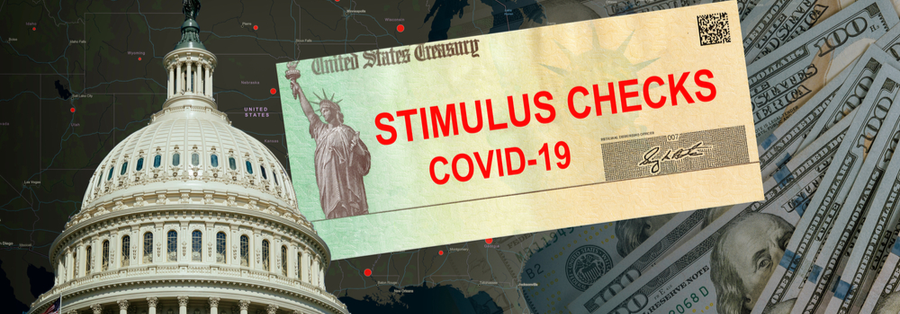
Getting Ready to List Your Home?
Preparing a home for sale is always a significant undertaking. For seniors, in particular, the pre-listing process can feel overwhelming. An agent who has earned their Seniors Real Estate Specialist ® (SRES®) designation can guide your efforts and help make the transition go as smoothly as possible. You can trust your SRES® designee to help you: Map out a plan. An SRES® understands that each client faces different circumstances and challenges. They can advise you on a sequence of steps tailored to your situation. And they’ll guide you through the process at whatever pace suits your needs. Your









